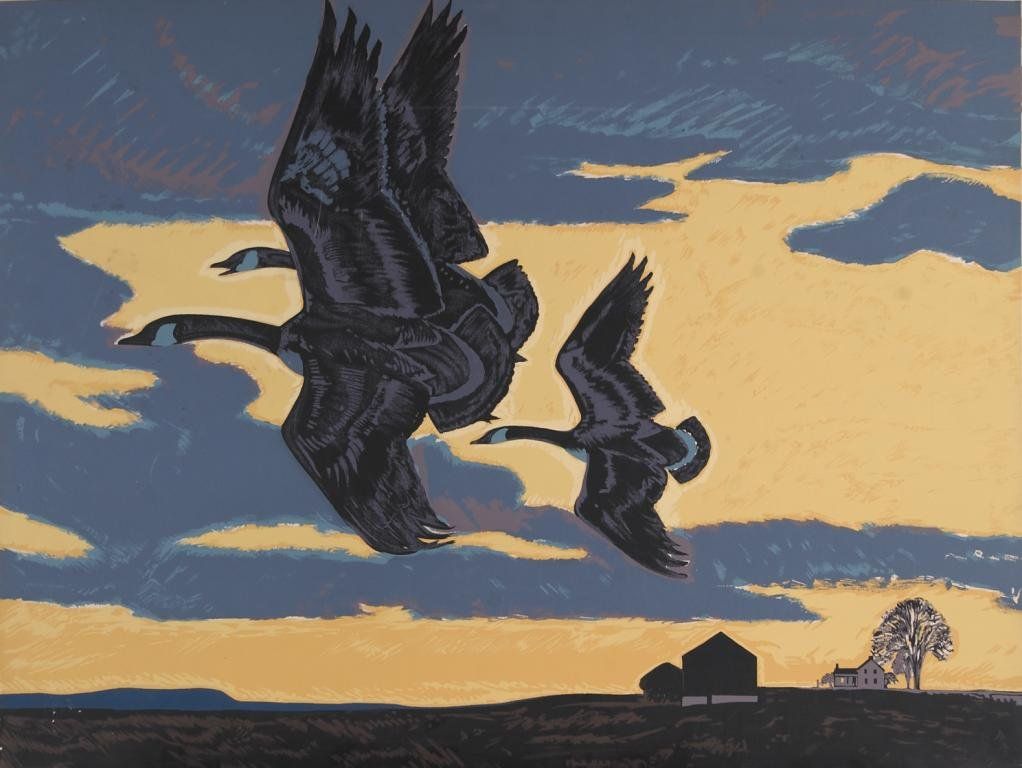Life On the Rocks
Food For The Soul

Something told the wild geese
It was time to go.
Though the fields lay golden
Something whispered,-'Snow.'
Leaves were green and stirring,
Berries, luster-glossed,
But beneath warm feathers
Something cautioned,-'Frost.'
All the sagging orchards
Steamed with amber spice,
But each wild breast stiffened
At remembered ice.
Something told the wild geese
It was time to fly,
Summer sun was on their wings,
Winter in their cry.
Poetry divines the very deep and delightful meanings in everyday events and ordinary objects.
Poetry expresses the joy of living and satisfies the need to respect our most personal and sacred feelings of love, grief, sadness, regret, and not to forget laughter, too.
Poetry is the sentinel that stands guard on our precious everyday commonplaces, preserving them from the encroachment of the passing scene and its unending disturbances.
Poetry invigorates and enlivens the intellect with inspiration and fortitude.
Poetry’s fetching lyricism reminds us that being a human is something special.
Poetry is all the songs of life sung in ancient and evocative words.
Poetry revives your spirits and keeps your going.
Poetry ameliorates life’s wounds and memorializes them in a haze of glory.
The oldest surviving love poem is written in a clay tablet from the times of the Sumerians, inventors of writing around 3500 BC, and was called by archaeologists by a very un-romantic name: 'Istanbul #2461'. The author is unknown but is believed to have been recited by a bride of Sumerian King Shu-Sin, who ruled between 2037 and 2029 BC. The following is the start of the poem:
Bridegroom, dear to my heart,
Goodly is your beauty, honeysweet,
Lion, dear to my heart,
Goodly is your beauty, honeysweet.
THE BEGINNING of the world's first truly great work of literature - the 4,000-year-old Mesopotamian Epic of Gilgamesh, the poem on which the story of Noah and the Flood was probably based - has been discovered in a British Museum storeroom.
Most of the opening two stanzas have been lost for the past 2,000 years, but research in the museum has recovered vital elements of the first lines of the epic. Scholars have been able to reconstruct the first four lines as follows:
"He who saw all, who was the foundation of the land,
"Who knew (everything), was wise in all matters.
"Gilgamesh, who saw all, who was the foundation of the land,
"Who knew (everything), was wise in all matters."